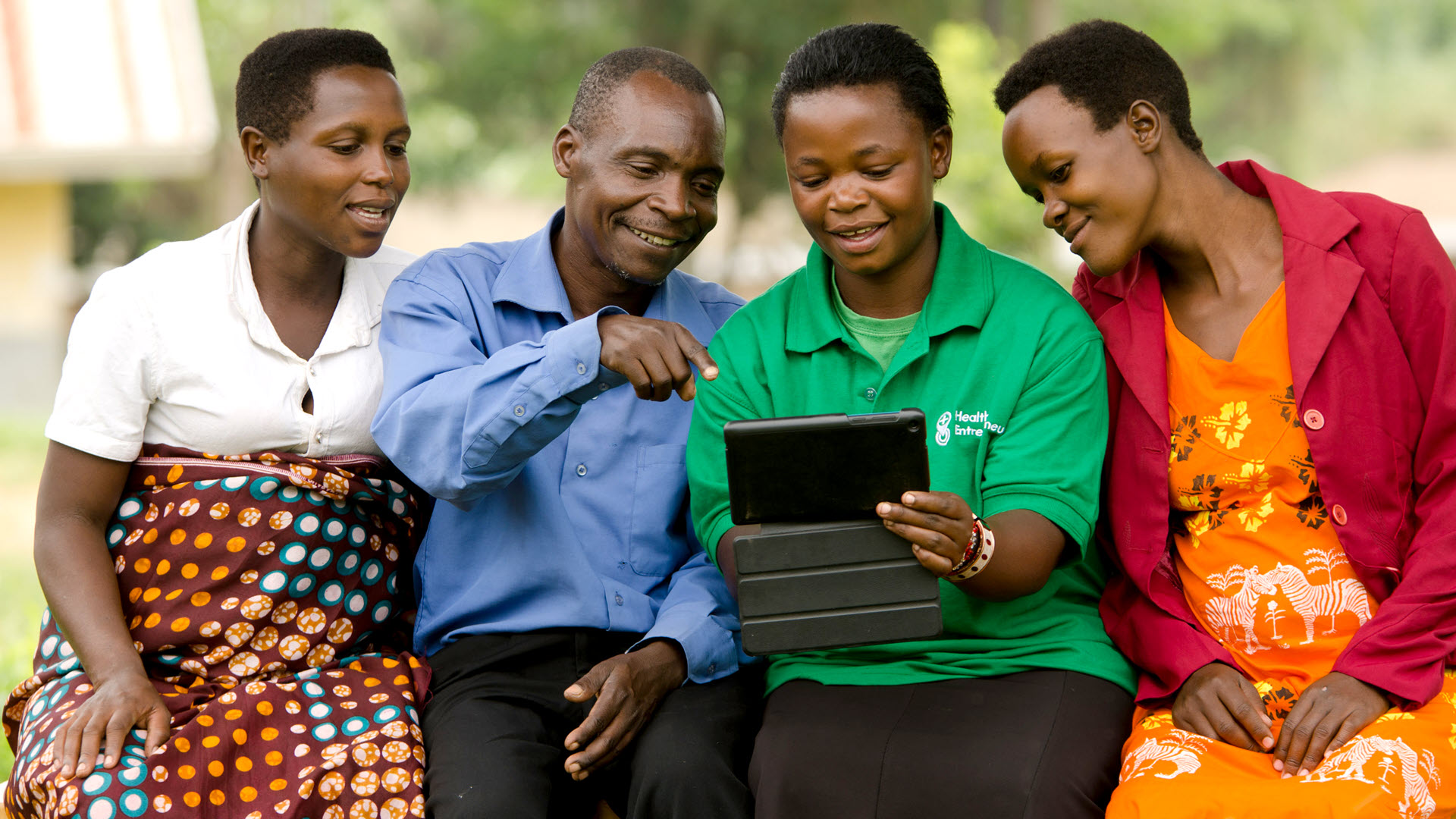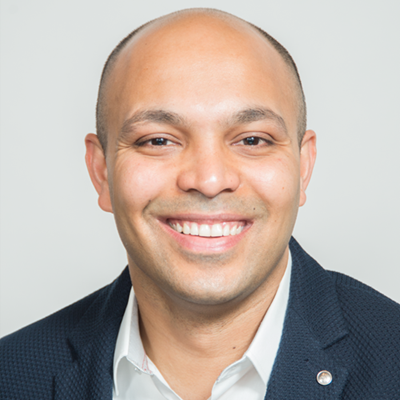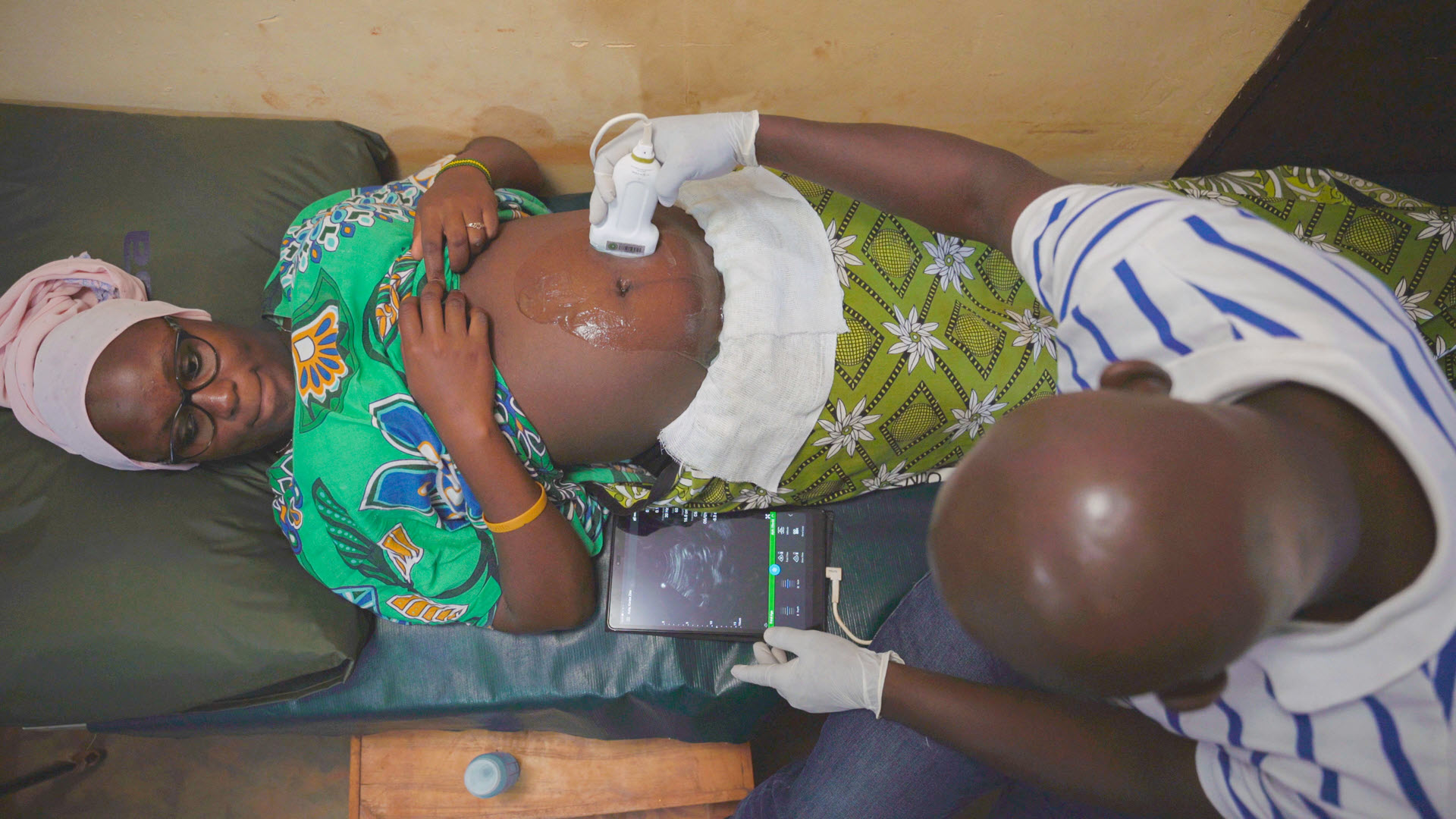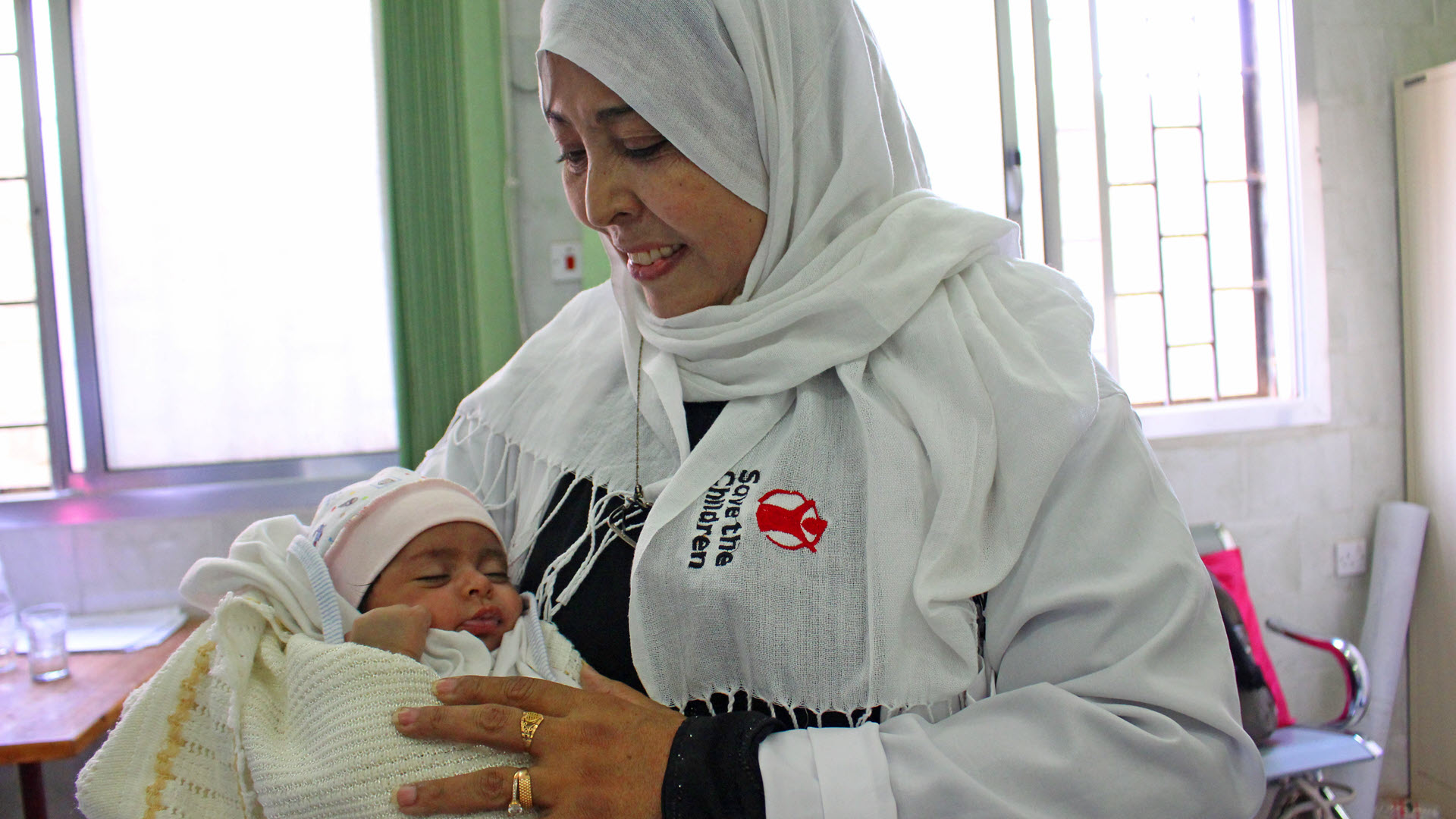Within two weeks, we co-created the solution and went live starting in the first week of August. This is a COVID-19 information helpline for 300 healthcare workers for the entire Kampala operations of Healthy Entrepreneurs.“
What are the next steps for the solution?
"Since the solution is developed in the cloud and not specific to the Ugandan market, Healthy Entrepreneurs is planning to expand the solution to other countries in Africa, starting with Kenya."
What is your take on this voluntary project?
“I have learned a few lessons which I will take with me. For instance, innovation does not always need to be complex and time-consuming. Sometimes a simple innovation can make a huge difference. On a personal level, it was great to work with real users (i.e., patients, doctors and nurses) of healthcare solutions, which I don’t usually do.
Secondly, further privacy and regulation in healthcare does not always have to be complicated. Necessity - in this context, a global crisis - makes everything possible. Decentralization can make it easier, but it is mostly less easy for bigger companies. When creating a solution, complex programming is not always needed. The fundamental understanding of business context and the ability to chose the right technology is more than enough. COVID-19 provides us with a lot of opportunities to make a real impact for the end beneficiaries, where technology is a key enabler in making a difference in healthcare solutions.”
---
To have a better understanding of the work of Healthy Entrepreneurs, click here.









